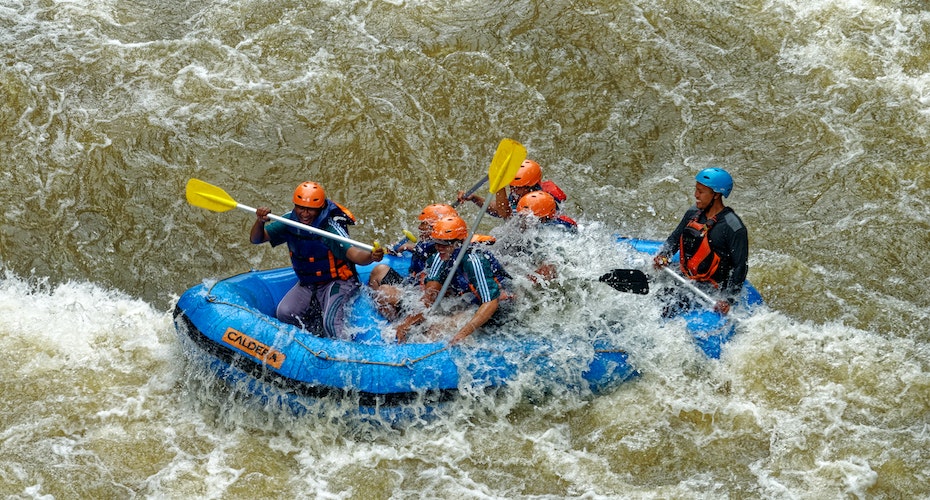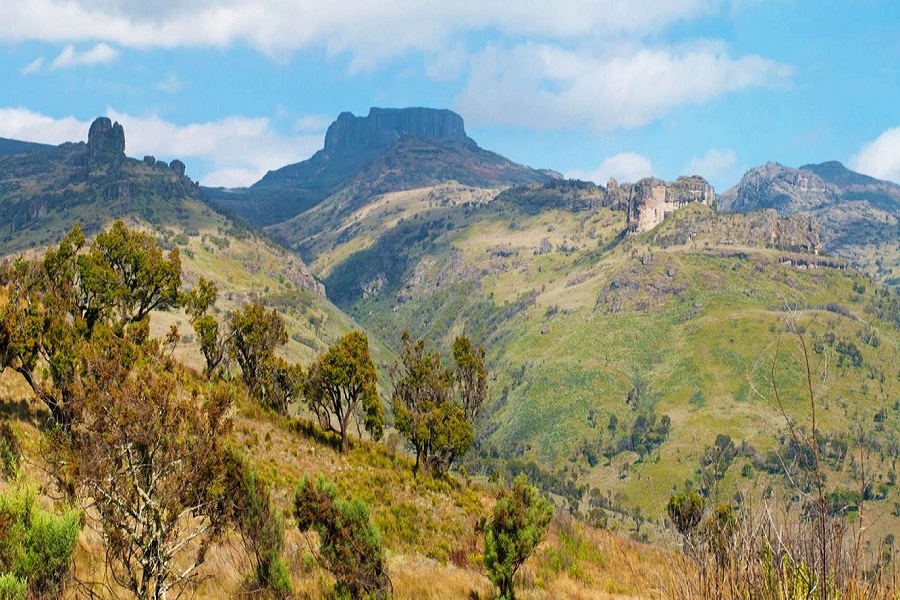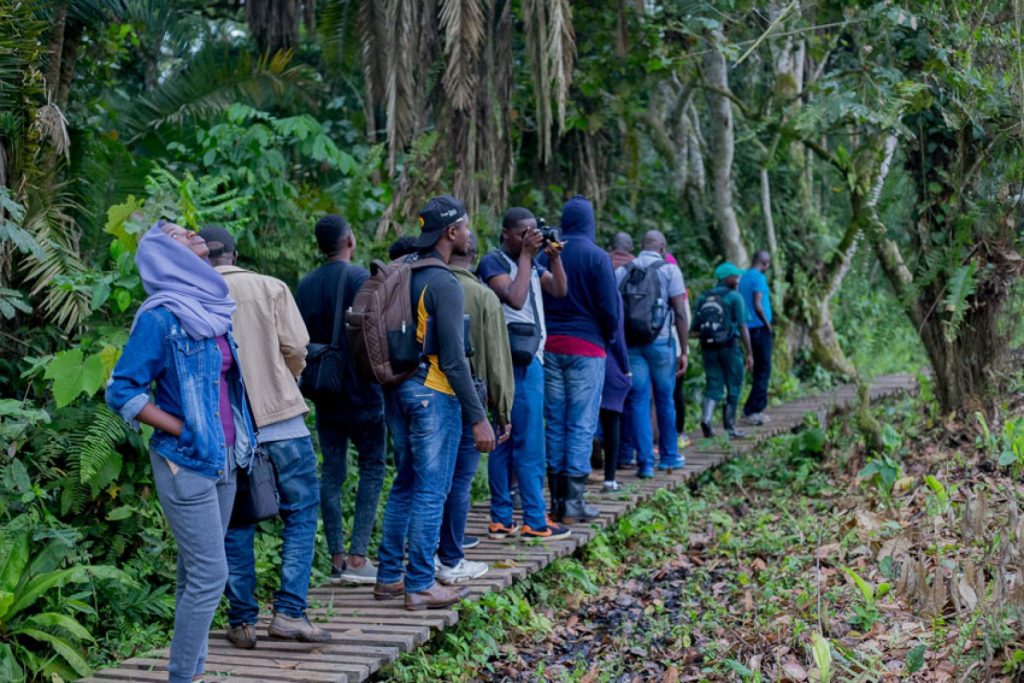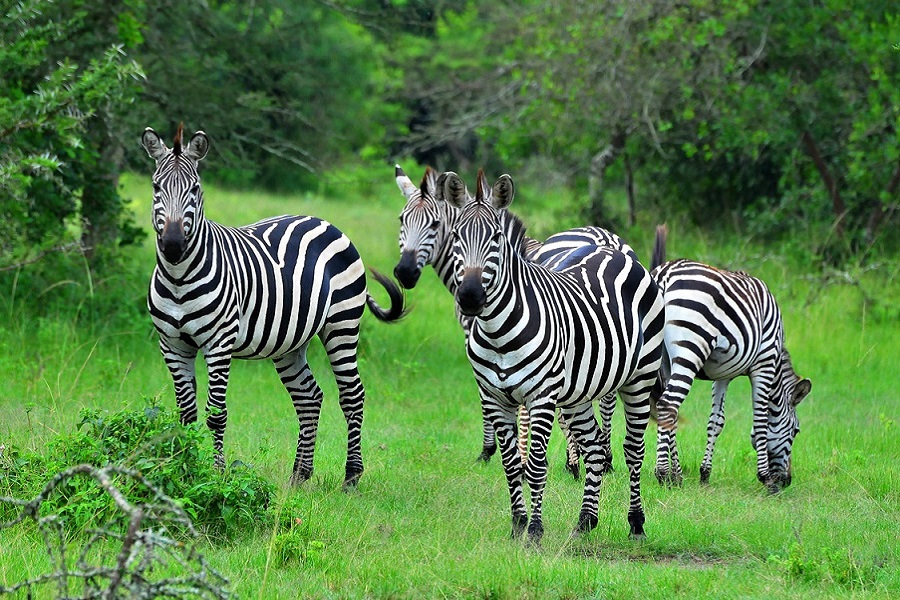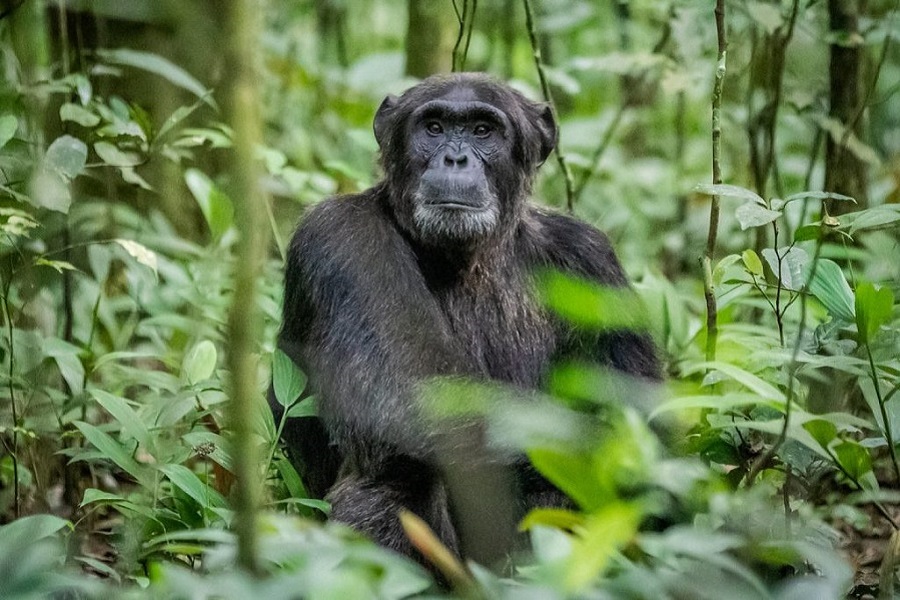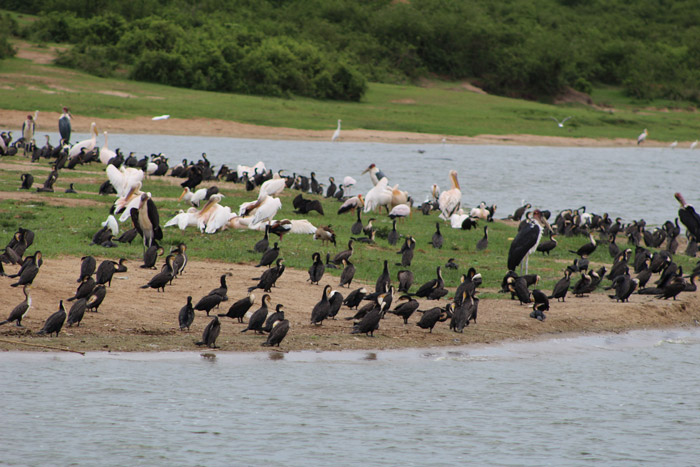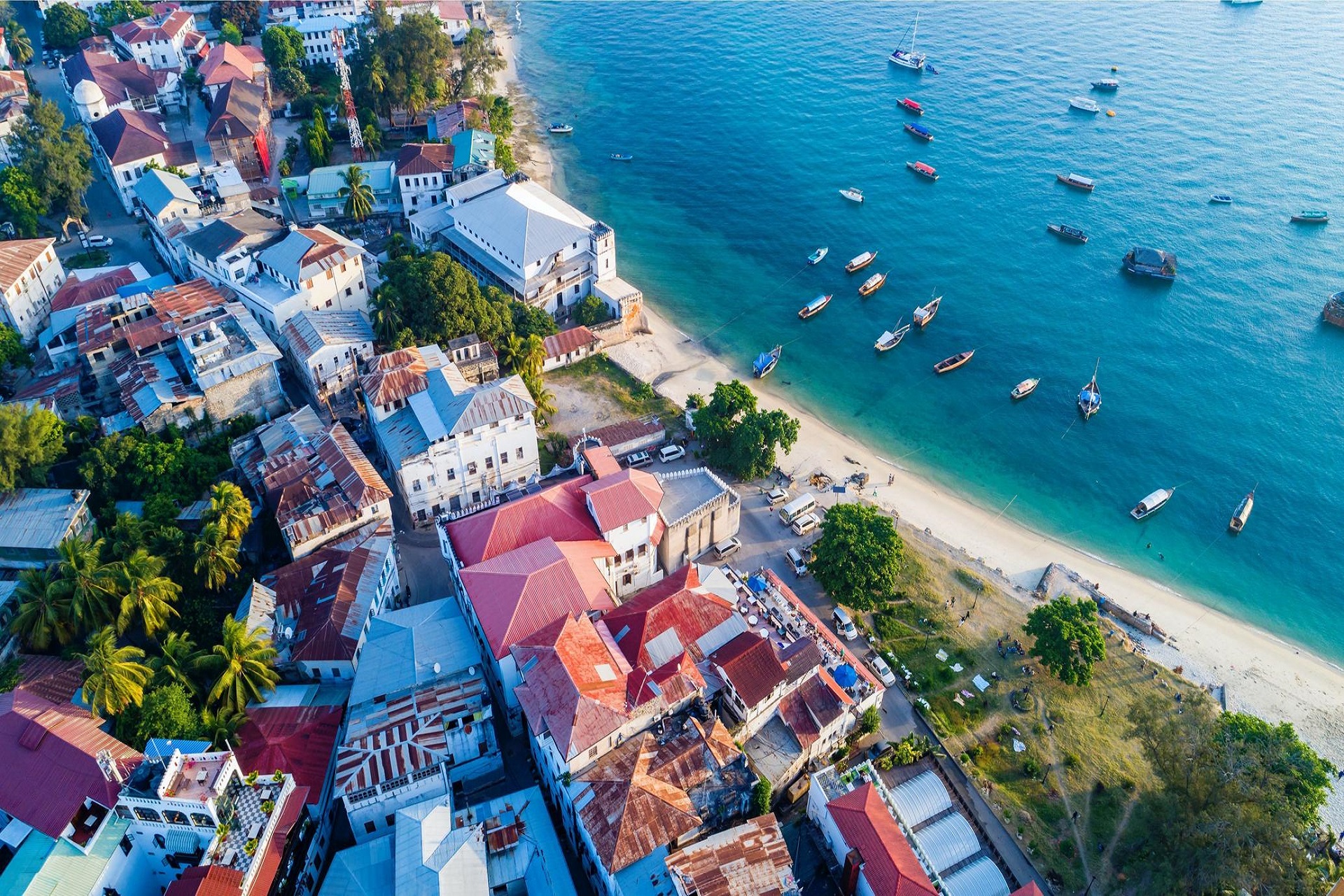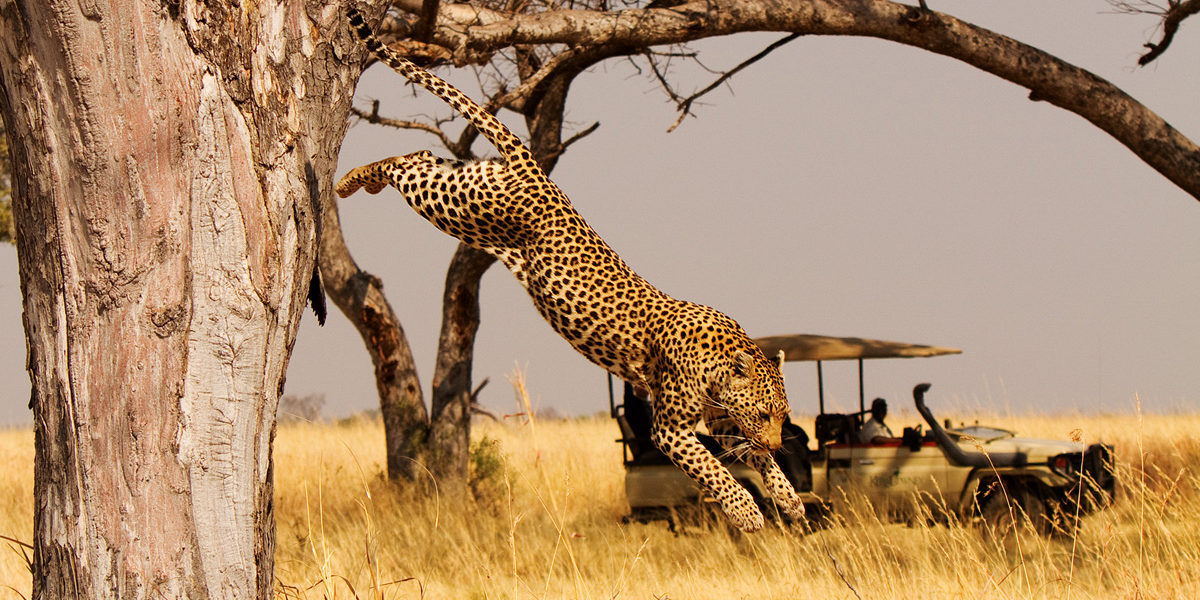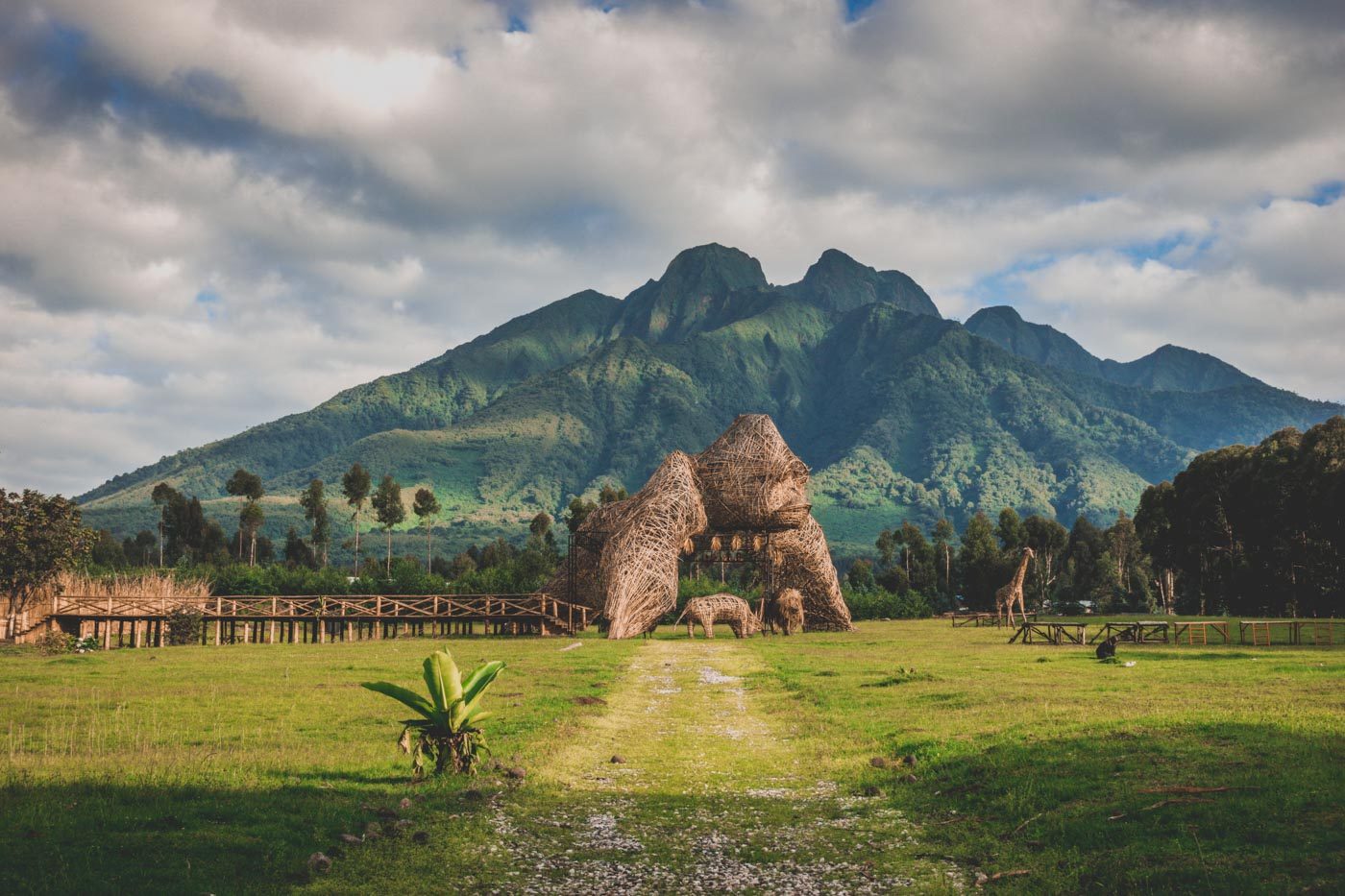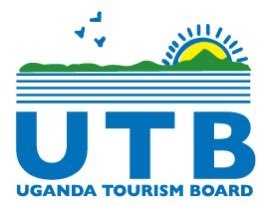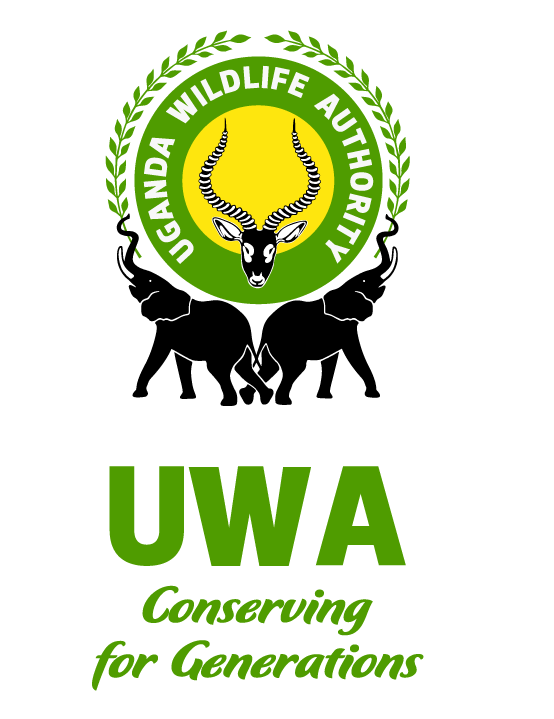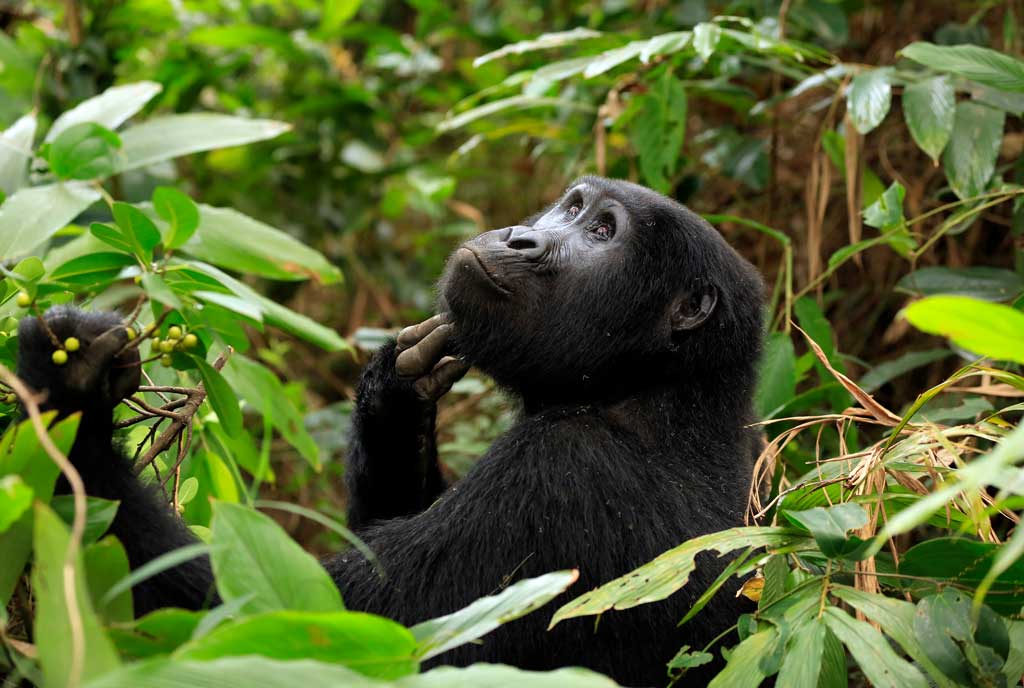
Intriguing Explorations: Primate Safaris in East Africa
Primate safaris in East Africa offer a window into the lives of creatures that share remarkable similarities with humans. From gorilla trekking that instills a deep connection to the wild to chimpanzee tracking that unveils the complexities of social behavior, these experiences are transformative and educational.
East Africa, renowned for its vast savannas and iconic wildlife such as mountain gorillas and golden monkey that captivate the hearts of nature enthusiasts and researchers alike. Primate safaris in this region offer a unique and immersive experience, allowing travelers to delve into the intricate lives of these intelligent creatures. From the dense rainforests of Uganda and Rwanda to the montane forests of Tanzania, the opportunity to observe and understand primates in their natural habitat adds a layer of depth to the East African safari experience.
1. The Diversity of Primate Species:
East Africa boasts a rich array of primate species, each with its own behaviors, adaptations, and ecological significance. Among the highlights are the great apes, including mountain gorillas and chimpanzees. These charismatic creatures are the closest living relatives to humans and are endemic to the region. Observing them in the wild presents an unparalleled chance to witness their complex social structures, communication methods, and behaviors, shedding light on our shared evolutionary history.2. Gorilla Trekking Adventures:
Gorilla trekking is a centerpiece of primate safaris in East Africa. The lush rainforests of Uganda and Rwanda are home to critically endangered mountain gorillas, and trekking to find these majestic creatures offers a profound connection with nature. Guided by expert trackers and armed with conservation knowledge, travelers embark on hikes that lead to face-to-face encounters with gorilla families. These encounters are transformative, instilling a deep appreciation for the efforts to protect these magnificent animals and their habitats.3. Insights from Chimpanzee Tracking:
Chimpanzees, known for their remarkable intelligence and social complexity, are another primate species drawing visitors to East Africa. Gombe Stream National Park in Tanzania and Kibale National Park in Uganda are key destinations for chimpanzee tracking. Guided by experienced researchers and guides, travelers follow the paths of these primates through the forest, observing their dynamic interactions, tool-making skills, and vocalizations. Such experiences contribute not only to our understanding of chimpanzee behavior but also to conservation initiatives aiming to preserve their habitats.4. Exploration of Other Primate Species:
Beyond the great apes, East Africa offers a range of other primate species that enrich the safari experience. Colobus monkeys, vervet monkeys, and olive baboons are just a few of the species that inhabit the region. These diverse creatures showcase a variety of adaptations, from their diet and locomotion to their intricate social hierarchies. Observing their behaviors and interactions provides insight into the interconnectedness of species within the ecosystem.5. Conservation and Responsible Tourism:
Primate safaris emphasize the importance of responsible tourism and conservation. Limiting group sizes, minimizing disturbance to animals, and adhering to ethical guidelines help safeguard the well-being of these creatures and their habitats. Moreover, the revenue generated from primate tourism often contributes directly to conservation efforts and local communities, fostering a symbiotic relationship between wildlife preservation and sustainable livelihoods.Exploring the ecosystems that support these primates underscores the importance of conserving these habitats for the well-being of the species and the environment as a whole. Primate safaris not only offer unforgettable encounters but also inspire a commitment to protect the treasures of East Africa for generations to come.
